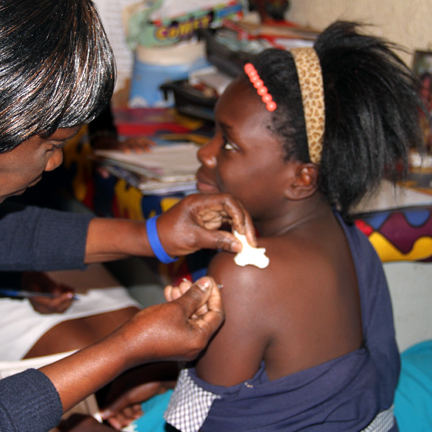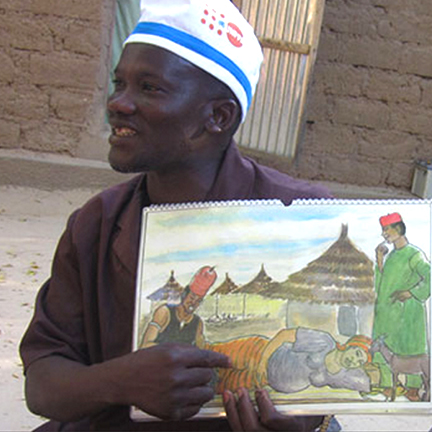Meet the Demand for Modern Contraception and Reproductive Health
Access to modern contraception and reproductive health is the bedrock of gender equality, economic development, and progress for all.
In order for girls and women to reach their greatest potential, they must have control over their sexual and reproductive lives. They have a right to determine whether and how many children to have, when and with whom to have them. Realizing these rights requires meeting the need for modern contraception, and sexual and reproductive health services. These services include contraception, testing and treatment for sexually transmitted infections, access to safe and legal abortion, infertility services, and maternal healthcare.
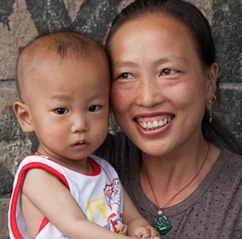
Need Evidence
and Strategies?
-

women in developing countries have an unmet need for modern contraception
-

In developing countries, nearly half of pregnancies among adolescent girls and women (aged 15-19) are unintended
-

At least 22,800 women die each year from abortion related complications
-

Every $1 spent on investing in contraceptive services in the developing world would save $2.20 in maternal and newborn healthcare from a decline in unplanned pregnancies
-

If we meet the need for modern contraception and quality care, unintended pregnancy would decline by 75%, induced abortions would decline by 74%, and maternal deaths would decline by 73%
Investing in girls and women creates a ripple effect that yields multiple benefits, not only for individual women, but also for families, communities, and countries. Meeting the unmet need for modern contraception has many benefits, including the ability to time births, reduce adolescent pregnancy, and curb unsafe abortion. Ensuring access to reproductive health services is not only the right of every girl and woman, but a necessity to secure their physical, sexual, and psychological wellbeing.
Solutions in Action
-
HPV Vaccine Scale-Up in Zambia
More than 290 million women have the human papillomavirus (HPV), which can lead to cervical cancer. More than 85% of cervical cancer cases and deaths occur in low- and middle-income countries. Yet women in developing countries often lack access to the HPV vaccine and testing services. In 2013, Zambia, a country with high cervical cancer rates, began rolling out a program to administer the HPV vaccine to girls in primary schools across the country. Political support from the First Lady of Zambia and community outreach were used to engage parents and discuss the importance, safety, and effectiveness of the vaccine. Several other African countries, including Cameroon, Tanzania, Uganda, and South Africa, have since rolled out similar school-based programs. -
Husband School Teaches the Importance of Contraception in Niger
A study commissioned by UNFPA in Niger found that men often determined whether or not their female relatives should have access to reproductive health services. This study inspired the creation of eleven Husband Schools in Niger’s Zinder Region, which aim to educate men on the importance of reproductive health and foster behavior change at the community level. As a result of the relationships formed between health workers and the men attending, the region has witnessed an increase in rates of safe delivery (in two regions they have more than doubled), contraception use and reproductive health services. Furthermore, many men are now attending the deliveries of their children, more deliveries are being assisted by skilled personnel, and more women are attending prenatal and postnatal consultations. Overall, there has been noticeable behavior change regarding contraception and reproductive health throughout the communities involved. Learn More >> -
Policy Asks
-
Ensure systems are in place to provide sexual and reproductive health services and modern contraception across settings, including emergency settings, and strengthen health systems and commodity supply chains.
-
Remove legal and regulatory barriers to sexual and reproductive health and family planning services, information, and supplies for all, including adolescents.
-
Liberalize abortion laws and provide safe abortion and postabortion care.
-
Integrate SRH into the provision of primary healthcare services and universal health coverage, including the provision of HPV vaccines.
-
Adopt the 2018 revised International Technical Guidance on Sexuality Education guidelines to deliver universal, high-quality comprehensive sexuality education.
-
Foster enabling environments to tackle cultural norms inhibiting access to modern contraception with the involvement of boys, men, and stakeholders from the community level to the federal Ministry of Health (MoH).
-
Incorporate affordable infertility treatment into sexual and reproductive healthcare.
Partner Resources
-
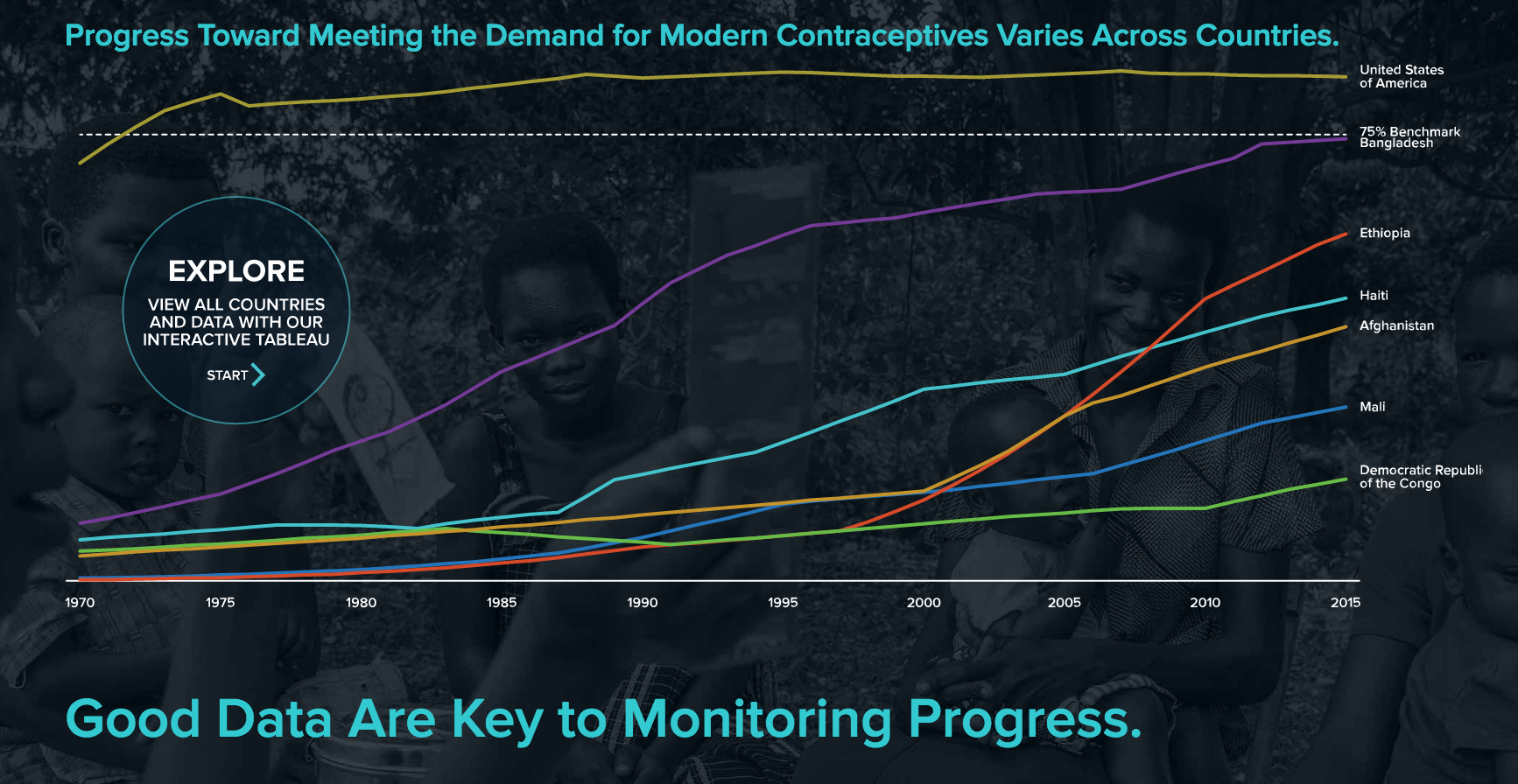
PACE: "Demand Satisfied" SDG Indicator
Explore an interactive infographic from Population Reference Bureau on the Demand Satisfied indicator—how it is measured and how it will be used.
-
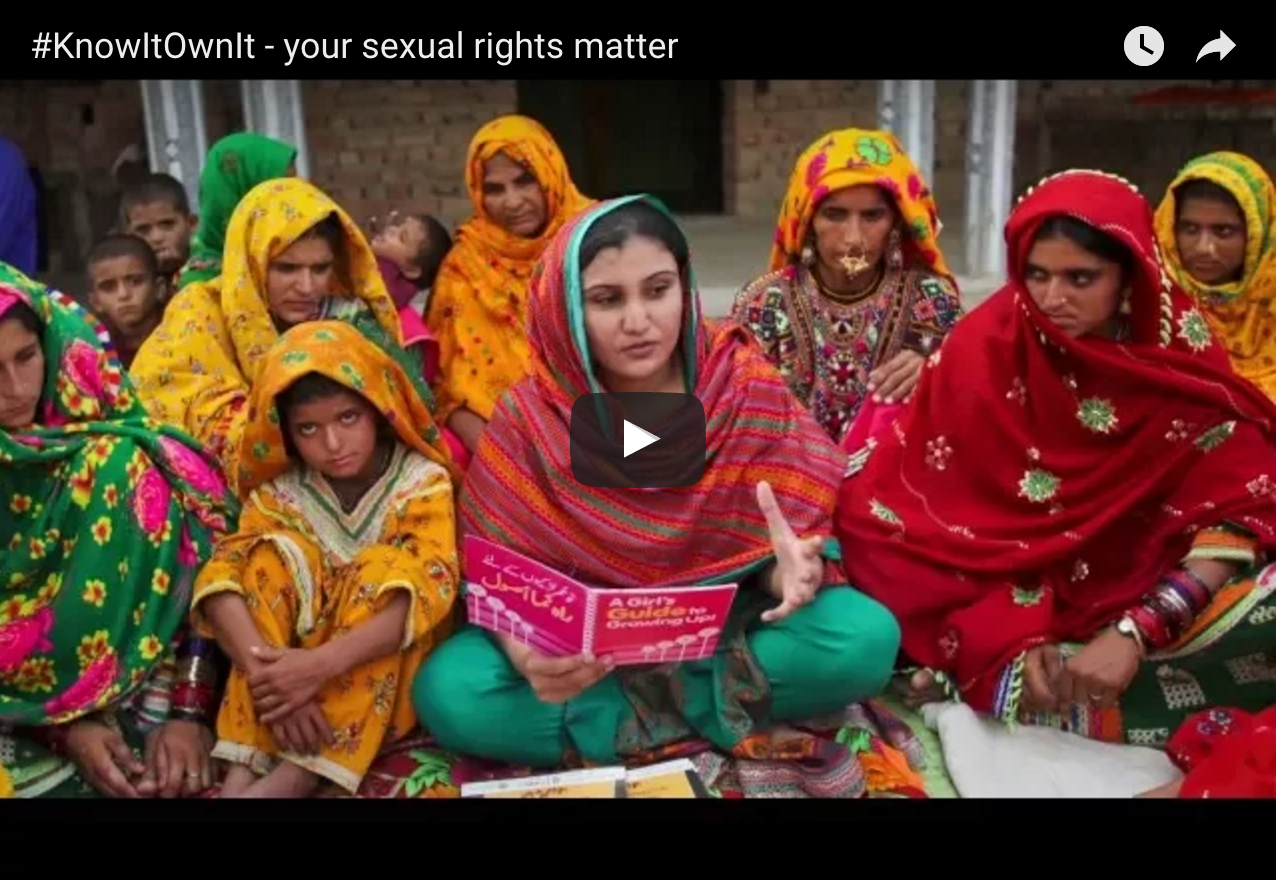
IPPF: #KnowItOwnIt
Learn about IPPF's 2016 campaign on strengthening quality comprehensive sexuality education for all young people, globally.
-
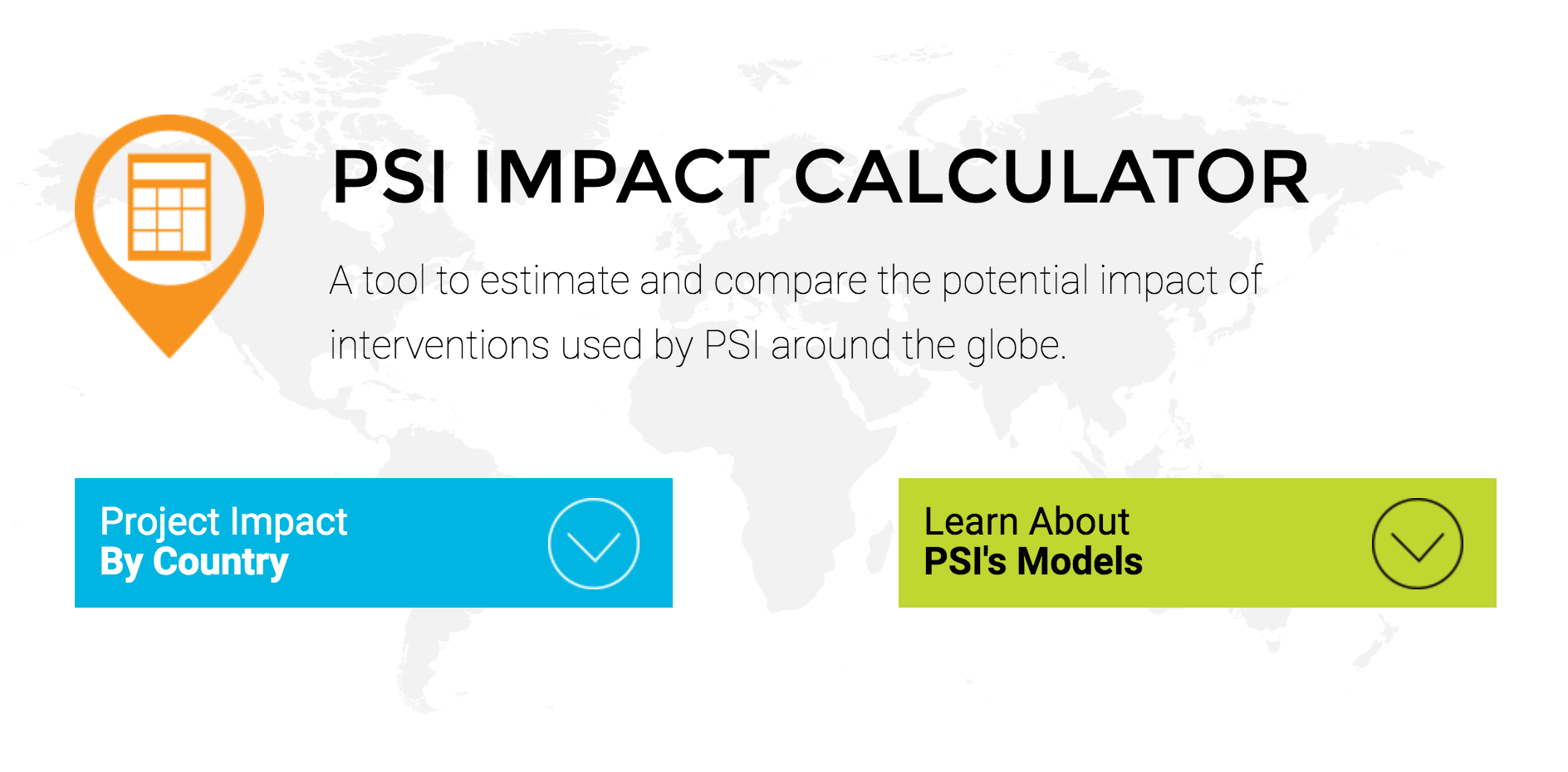
PSI: Impact Calculator
A tool to estimate and compare the potential impact of interventions used by PSI around the globe. Browse by country, topic, or model.
-
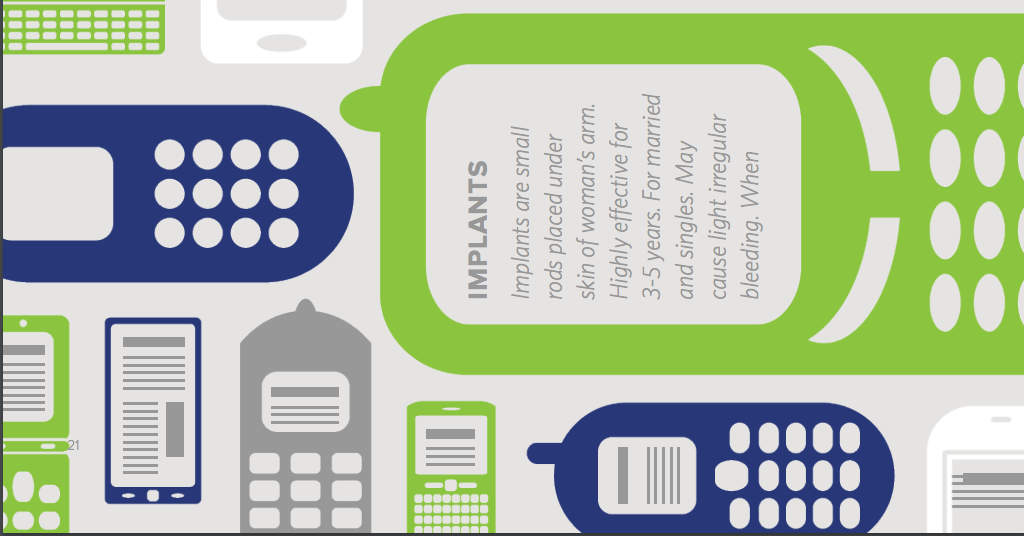
FHI360: Mobile 4 Reproductive Health (m4RH) Toolkit
Information and tips from FHI 360’s work in mobile technology for health, including several studies, sample messages, and costing data.

